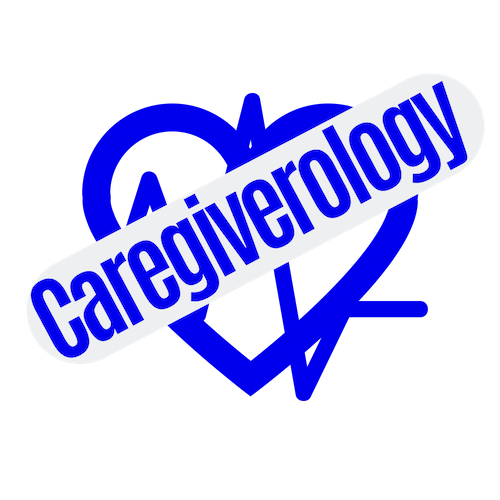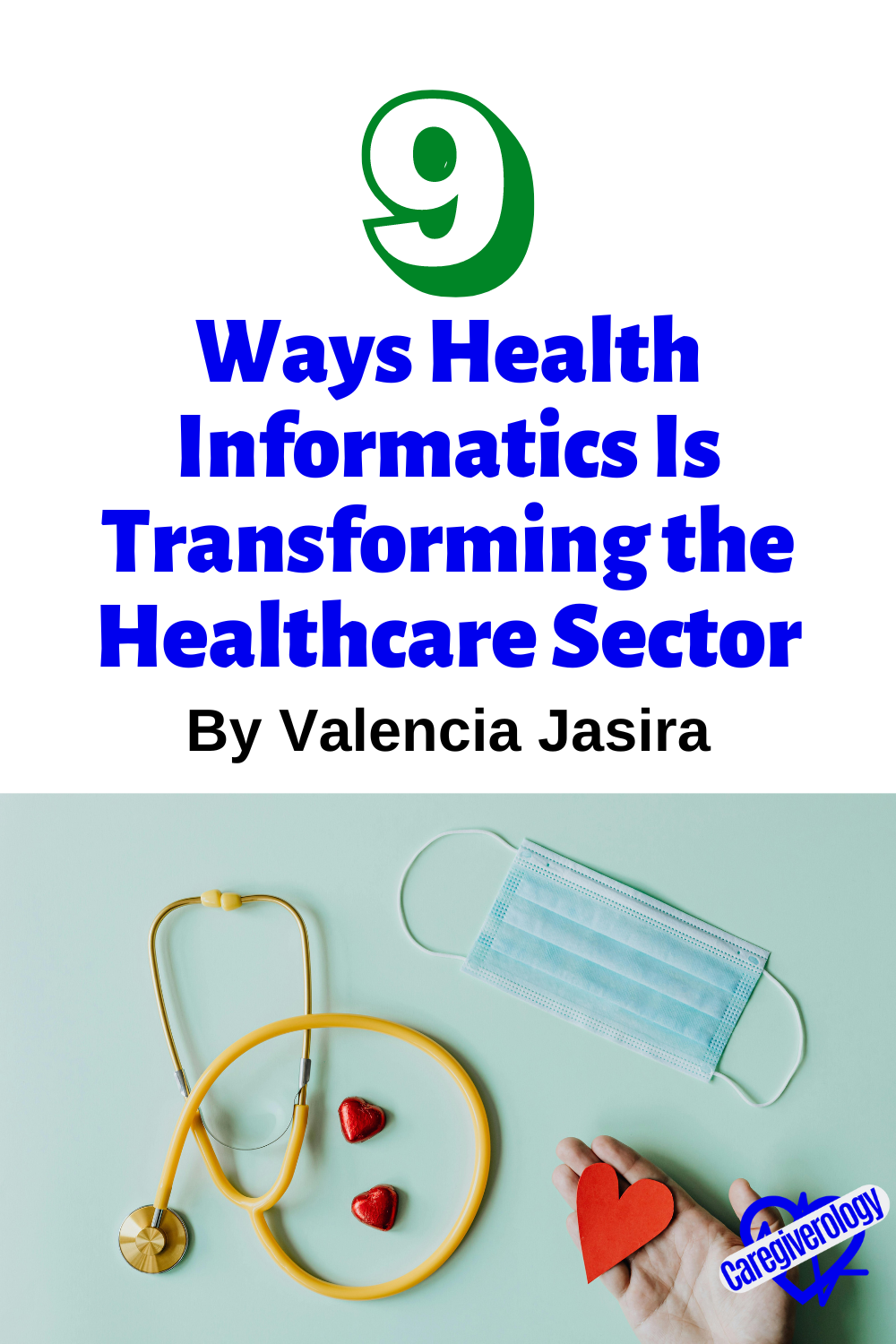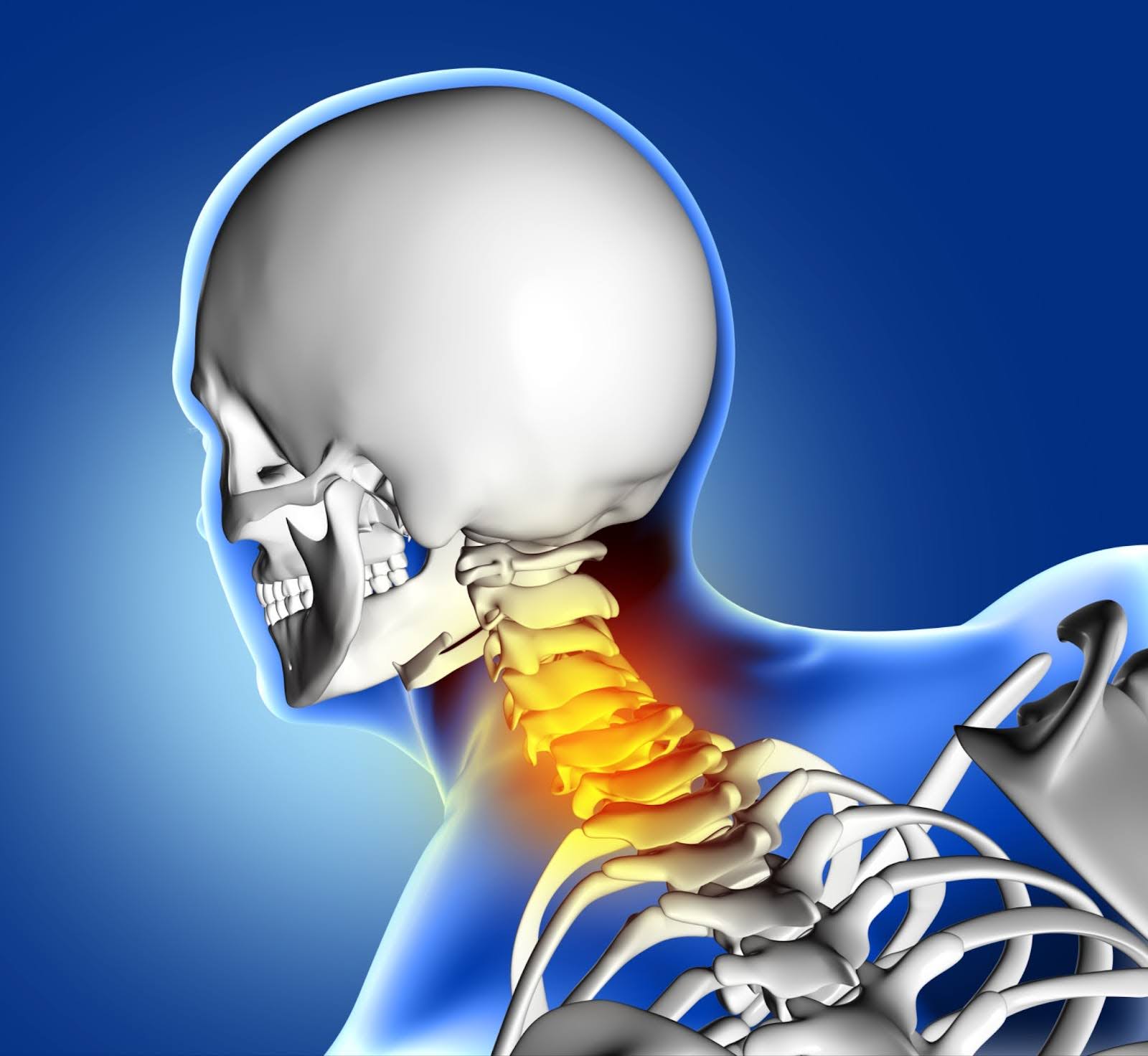9 Ways Health Informatics Is Transforming the Healthcare Sector

Health informatics combines information technology and healthcare to improve patient outcomes and streamline healthcare processes. This field focuses on managing and analyzing vast amounts of health data to enhance treatment accuracy, public health, administrative operations, and more. As technology advances, health informatics has become crucial in transforming various aspects of the healthcare sector, making care more personalized, efficient, and accessible.
This article explores some key ways in which health informatics is revolutionizing the industry and how professionals with a Master of Public Health in this concentration can bring about beneficial changes.
1. Enhanced Patient Care
One of the most significant impacts of health informatics is on patient care. Electronic Health Records (EHRs) are at the forefront of this transformation. EHRs provide a comprehensive and accessible overview of a patient's medical history, including past treatments, medications, and allergies. This accessibility allows healthcare providers to make better-informed decisions, tailor treatments to individual needs, and avoid potential medication errors. Moreover, EHRs facilitate easier and quicker communication among different healthcare professionals, ensuring that everyone involved in a patient's care is on the same page, thus enhancing the overall quality of care.
2. Improved Public Health Monitoring
Health informatics plays a pivotal role in public health monitoring by using data analytics to manage and interpret large datasets related to disease outbreaks and population health trends. Tools like Geographic Information Systems (GIS) can map disease outbreaks in real-time, helping public health officials to respond more effectively to health crises.
This is where professionals with an online Public Health Masters degree in Health Informatics can make a difference. They have advanced skills in data analysis and the online nature of the program allows students to study while gaining experience about real world public health challenges. This enriches the learning experience, fostering a broader understanding of global and local health issues. As a result, graduates are well-prepared to utilize sophisticated informatics tools to track disease trends and evaluate public health programs.
3. Streamlined Hospital Operations
Hospital operations have become more efficient thanks to health informatics. From scheduling patient appointments to managing surgical rooms and controlling medication inventories, informatics systems help reduce wait times and eliminate unnecessary costs. Automation of routine tasks also frees up medical staff to focus more on patient care rather than administrative duties. Moreover, clinicians with a Master of Public Health with a concentration in Health Informatics can play a role in improving healthcare quality based on evidence, focusing on patient needs, and enhancing community health. They have the research skills necessary to carefully review medical studies and support evidence-based practices in various aspects of healthcare management.
4. Telemedicine Advancements
Telemedicine has surged in popularity and necessity, particularly highlighted during the COVID-19 pandemic. Health informatics is the backbone of telemedicine, providing the necessary data infrastructure for remote consultations, monitoring, and treatment. This technology allows patients to access healthcare services from the comfort of their homes, making healthcare more accessible, especially for those in rural or underserved areas. It also facilitates ongoing management of chronic conditions and ensures that specialist advice is just a video call away.
5. Enhanced Drug Development
The drug development process has benefited immensely from advancements in health informatics. By analyzing extensive datasets, researchers can identify potential drug candidates and predict their efficacy and safety more quickly than traditional methods. Informatics tools also streamline clinical trials by improving participant selection, monitoring, and data collection. This not only speeds up the research and development phase but also enhances the safety and accuracy of the trials, helping pharmaceutical companies bring effective drugs to the market faster and at a lower cost.
6. Predictive Analytics
Predictive analytics in health informatics uses historical data to identify potential health risks before they become severe problems. By analyzing patterns from past patient records, predictive models can flag individuals at high risk for diseases such as diabetes or heart disease. Healthcare providers can then intervene earlier, offering preventive measures or targeted treatments that can mitigate or even prevent the onset of these conditions. This proactive approach not only improves patient outcomes but also reduces the burden on healthcare systems by preventing costly emergency treatments and long-term care.
7. Regulatory Compliance
Keeping up with healthcare regulations is a critical, complex task that health informatics helps manage more effectively. Compliance software can automatically update to reflect new laws and regulations, ensuring that healthcare providers easily stay in compliance without having to manually track legislative changes. These systems also help document all compliance processes, making it easier to provide evidence for regulatory audits. This not only helps avoid legal issues and fines but also assures patients that their care meets high standards.
8. Patient Empowerment
Informatics tools that provide patients access to their own health data empower them to take an active role in their health management. Patient portals allow individuals to check their medical histories, test results, and treatment plans online, promoting transparency and enhancing communication between patients and doctors. This access helps patients understand their health conditions better, follow through with their treatment plans more reliably, and feel more in control of their health outcomes. Empowered patients are likely to be more engaged in their healthcare, leading to better overall health and reduced healthcare costs.
9. Enhanced Data Security
The importance of data security in healthcare cannot be overstated, given the sensitivity of personal health information. Health informatics introduces robust security measures to protect patient data from unauthorized access and cyber-attacks. These measures include encryption, secure user authentication protocols, and regular security audits. By safeguarding data, health informatics not only protects patients' privacy but also builds trust in healthcare systems, which is essential for the successful adoption of technology in healthcare.
Conclusion
The impact of health informatics on the healthcare sector is profound and multifaceted. From enhancing patient care and streamlining operations to empowering patients and ensuring data security, the benefits of integrating informatics into healthcare are clear. As technology continues to evolve, the potential for further innovations that can transform the healthcare landscape remains vast. Stakeholders in the healthcare industry must continue to embrace and invest in informatics solutions to harness these benefits fully. By doing so, the future of healthcare looks promising—a future where care is more personalized, efficient, and accessible to all. This transformation not only benefits patients but also helps providers deliver superior care while maintaining compliance and operational efficiency. The journey of health informatics is just beginning, and its continued evolution will undoubtedly bring even more revolutionary changes to healthcare globally.
Thank you Valencia Jasira for contributing this article.
Guest Articles Written for Caregiverology
From 9 Ways Health Informatics Is Transforming the Healthcare Sector to Home
Recent Articles
-
The Health Risks Associated with Misaligned Teeth
May 01, 24 07:15 PM
In Tennessee, dental health is a significant concern that goes beyond mere aesthetics. According to state health reports, a considerable portion of Tennessee residents face oral health issues, with de… -
Six Tips that Help Athletes Stay Fit Mentally and Physically
May 01, 24 06:55 PM
As an athlete, staying on top of your health should be your priority. At peak health, you have a better chance to perform to the best of your capabilities and stand out. -
Say Goodbye to Cervical Spondylosis: Quit Smoking Today!
Apr 27, 24 04:24 PM
First thing first, what is cervical spondylosis? Picture this: Your spine is the back pillar of your entire body, right? Now imagine the pillar slowly but surely wearing away over the years.





New! Comments
Have something to say about what you just read? Leave a comment in the box below.